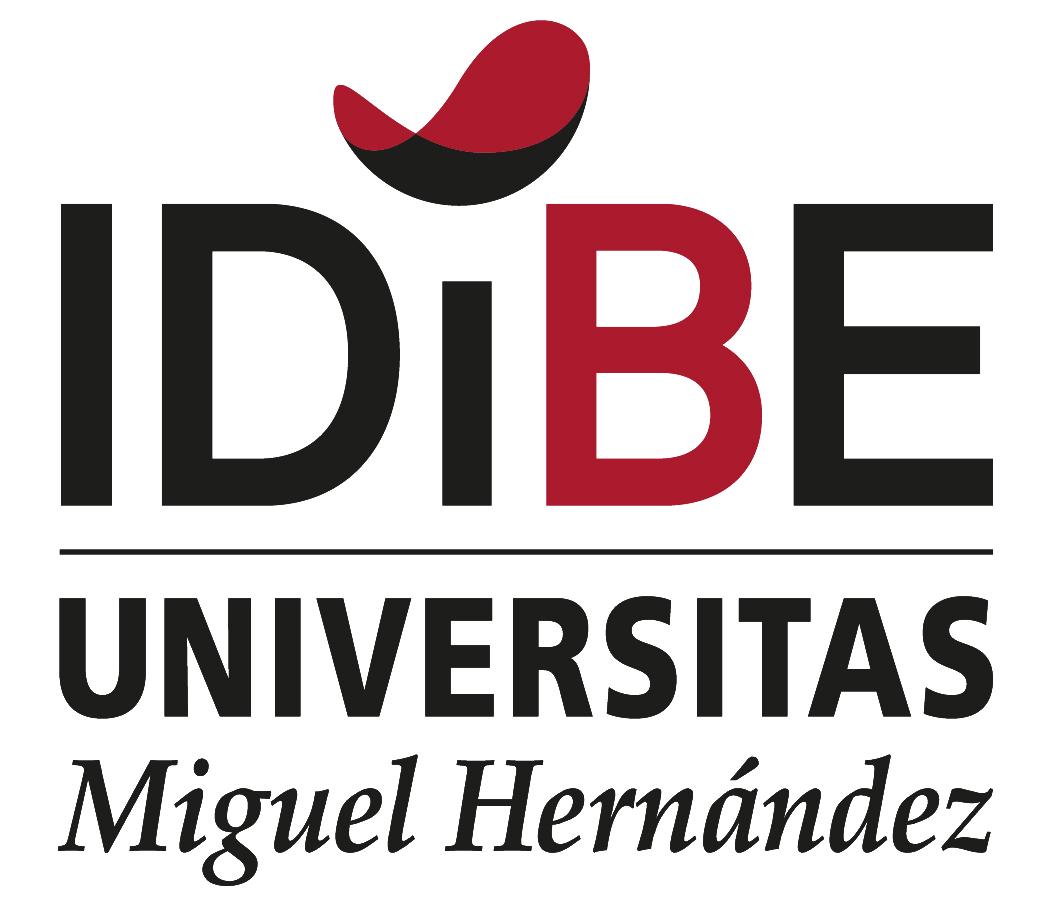DIABETES RESEARCH UNIT
Prometeo Project
OBJECTIVES
1
To study the role of ERβ and GPER estrogen receptor activation on β-cell viability in the presence and absence of apoptotic stimuli.
2
To analyze the effect of downregulation of ERβ and GPER estrogen receptor expression, using RNA interference, on cell viability.
3
Characterization of the role of ERβ and GPER in glucagon secretion, and in cell viability of α-cell.
Regulation of pancreatic β- and α-cell viability and function by estrogen receptors ERβ and GPER: role in diabetes mellitus therapy.
17β-estradiol (E2) is a sex hormone produced by the granulosa cell in the ovary, which is traditionally involved in sexual differentiation, puberty and reproduction. In the last two decades the impact of E2 has transcended to many other physiological functions including its effects on the β- and α-cells of the endocrine pancreas. E2 regulates insulin content and its secretion in response to glucose, and produces the opposite effect on α-cell and glucagon secretion. It also protects the β-cell from cell death in response to apoptotic stimuli and it is not known whether it does the same in the α-cell. The role of the ERα estrogen receptor in β- cell function and survival is relatively well studied. The same is not true for the other two estrogen receptors, ERβ and GPER. The dissection of the mechanisms of E2 action through the ERβ and GPER estrogen receptors in the endocrine pancreas that we propose in this project will help us to better understand sex differences in glucose homeostasis. This knowledge will help to improve the treatment of type 2 diabetes mellitus, the side effects of hormone therapy for certain types of hormone dependent cancers, and to understand transgender physiology.
PUBLICATIONS
Marroqui L, Martinez-Pinna J, Castellano-Muñoz M, Dos Santos RS, Medina-Gali RM, Soriano S, Quesada I, Gustafsson JA, Encinar JA, Nadal A. (2021)
doi: 10.1016/j.chemosphere.2020.129051
Babiloni-Chust I, Dos Santos RS, Medina-Gali RM, Perez-Serna AA, Encinar JA, Martinez-Pinna J, Gustafsson JA, Marroqui L, Nadal A. (2022)
G protein-coupled estrogen receptor activation by bisphenol-A disrupts the protection from apoptosis conferred by the estrogen receptors ERα and ERβ in pancreatic beta cells.
Environment International 164:107250
doi: 10.1016/j.envint.2022.107250
Dos Santos RS, Medina-Gali RM, Babiloni-Chust I, Marroqui L, Nadal A. (2022)
In Vitro Assays to Identify Metabolism-Disrupting Chemicals with Diabetogenic Activity in a Human Pancreatic β-Cell Model.
Int J Mol Sci. 23(9):5040
doi:10.3390/ijms23095040
Tudurí E, Soriano S, Almagro L, García-Heredia A, Rafacho A, Alonso-Magdalena P, Nadal Á, Quesada I. (2022)
J Gerontol A Biol Sci Med Sci. 25: glab276
doi: 10.1093/gerona/glab276
Tudurí E, Soriano S, Almagro L, Montanya E, Alonso-Magdalena P, Nadal Á, Quesada I. (2022)
The pancreatic β-cell in ageing: Implications in age-related diabetes.
Ageing Res Rev. 80:101674.
doi: 10.1016/j.arr.2022.101674
MEMBERS

Principal Investigator
Angel Nadal is Professor of Physiology and Deputy Chair of IDiBE at the Miguel Hernández University of Elche and group leader and member of the Steering Committee of CIBERDEM. His research has demonstrated the relationship between Bisphenol-A exposure and alterations in glucose metabolism, including the study of the initial molecular events. These findings have been seminal in establishing the relationship between endocrine disruptors exposure and diabetes mellitus. His interest continues in the study of how the environment affects β-cell division, death and function and its involvement in the development of diabetes. He has been recognized with the Spanish Diabetes Society award for best young researcher (2004) and the Alberto Sols award for basic research in diabetes (2017). He is regularly involved in improving the translation of EDC science to regulation.

Investigator
Paloma Alonso-Magdalena studied Biology at the University of Oviedo. She obtained her PhD at the Miguel Hernandez University and held a postdoctoral fellowship at the Department of Nutrition at Karolinska Institutet, Stockholm (Sweden) where she studied the physiology of the estrogen receptor ERβ. She was also visiting researcher at the Centre for Nuclear Receptors and Cell Signaling in Houston (USA). She is Lecturer of Nutrition and Bromatology at the Miguel Hernández University of Elche and principal investigator in IDiBE. Her research is focused in understanding the role that the endocrine disrupting chemicals (EDCs) play in the etiology of diabetes, obesity and related metabolic disorders. Her work has been decisive for linking the exposure to certain widespread endocrine disruptors like bisphenol-A to the etiopathology of type 2 diabetes. In addition, she is interested in the physiology and metabolic adaptations of pancreatic alpha and beta-cells during pregnancy. She is particularly focused in understanding the molecular basis of gestational diabetes mellitus and the identification of altered signaling pathways leading to the development of this disease. She was awarded with the Spanish Diabetes Society award for best young researcher (2018).
https://orcid.org/0000-0003-1065-5388

Investigator
Esther Fuentes studied Biochemistry at the University of Valencia, Spain and received her PhD from King’s College London, UK. She is Lecturer of Nutrition and Bromatology at the Miguel Hernández University of Elche. She combines her research interest in the role of endocrine disruptors in metabolic disorders with her position as Deputy Vice Chancellor for Culture.
Cristina Ripoll
Investigator

Investigator
Ivan Quesada is Professor of Nutrition at the Miguel Hernández University of Elche. He obtained his PhD at the Miguel Hernández University (2000) and held a postdoctoral fellowship at the University of Washington in Seattle (2001-2003). Dr. Quesada was also invited as a Visiting Assistant Professor to teach at the University of Washington (2004). His studies have focused on understanding the alterations, adaptations and/or failures of the pancreatic alpha and beta cells in physiological conditions such as pregnancy and ageing as well as pathological conditions like obesity and diabetes. His research in recent years has primarily contributed to a better comprehension of the pancreatic alpha-cell biology in health and disease, and its contribution to diabetes. He was awarded by the Spanish Diabetes Society for best young researcher (2008).
https://orcid.org/0000-0002-9808-514X
